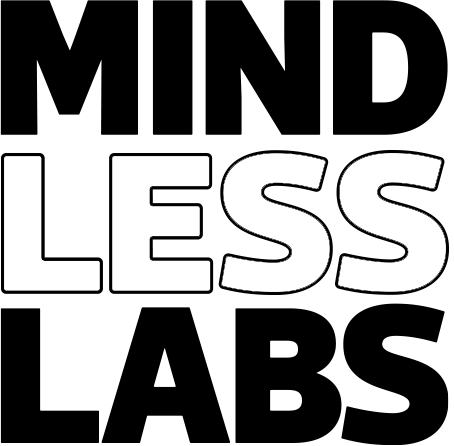The Experience of Being Misunderstood
Misunderstanding is a common human experience that can create barriers in relationships, breed isolation, and hinder personal growth. It often stems from a lack of communication, preconceived notions, or the inability to see beyond surface behaviors. When individuals feel misunderstood, it can lead to emotional distress, frustration, and a sense of loneliness. However, by fostering a culture of understanding rooted in connection and loving kindness, we can bridge these gaps and create deeper, more meaningful relationships.
The Weight of Misunderstanding
Being misunderstood can feel like an invisible weight pressing down on one’s spirit. It can manifest in various ways—through miscommunication, judgment, or assumptions about intentions and feelings. When our thoughts and emotions are not recognized or validated, it can breed a sense of isolation, even in the presence of others. Many people wear masks, presenting a version of themselves that they think will be accepted, while their true selves remain hidden in the shadows.
Misunderstanding can also have broader implications, affecting teamwork in professional environments or creating rifts in friendships and family dynamics. This often leads to frustration, as individuals struggle to convey their true selves, feeling unheard and unseen.
The Power of Connection
To combat the pervasive nature of misunderstanding, we can shift our approach toward one of connection. Here are several strategies to foster understanding and build stronger relationships:
1. Active Listening: One of the most powerful tools in cultivating understanding is practicing active listening. This involves fully engaging with the speaker, making eye contact, and being genuinely present. Reflecting back what you hear can clarify misunderstandings and show that you value their words.
2. Ask Open-Ended Questions: Encourage dialogue by asking open-ended questions that invite deeper exploration of thoughts and feelings. This not only demonstrates your interest but also allows for a more nuanced understanding of the other person’s perspective.
3. Practice Empathy: Empathy is the ability to put oneself in another’s shoes. By trying to understand their emotions and experiences, we can create a space for genuine connection. This can be done through simple affirmations, acknowledging their feelings, and expressing compassion.
4. Be Vulnerable: Share your own experiences and feelings openly. Vulnerability can break down walls and create an atmosphere of trust. When others see your willingness to be authentic, they may feel encouraged to share their true selves as well.
5. Cultivate Loving Kindness: Approaching interactions with loving kindness can transform the way we perceive and engage with others. This involves treating others with compassion and understanding, recognizing that everyone is fighting their own battles. Mindfulness practices, such as loving-kindness meditation, can help develop this mindset.
6. Challenge Assumptions: Be aware of your biases and assumptions, as they can cloud your judgment. Instead of jumping to conclusions, take a moment to question your perceptions and consider alternative viewpoints.
7. Create Safe Spaces: Foster environments where individuals feel safe to express themselves without fear of judgment. This can be achieved by encouraging open discussions, supporting diverse opinions, and embracing differences.
8. Follow Up: After important conversations, check in with the individual to reaffirm understanding or clarify any lingering misunderstandings. This shows that you care about their feelings and are committed to nurturing the relationship.
Moving Toward Understanding
Ultimately, the experience of being misunderstood can serve as an opportunity for growth and connection. By adopting a perspective of loving kindness, we can create bridges where there were once barriers. Understanding others is not just about hearing their words; it’s about embracing their humanity and recognizing the shared struggles we all face.
As we cultivate these practices in our daily lives, we can foster a culture of compassion and connection, transforming misunderstandings into opportunities for deeper understanding and connection. This journey requires patience, empathy, and a commitment to seeing one another as fellow travelers on the path of life. By doing so, we can enrich our relationships and create a more harmonious world where everyone feels heard, valued, and understood.






